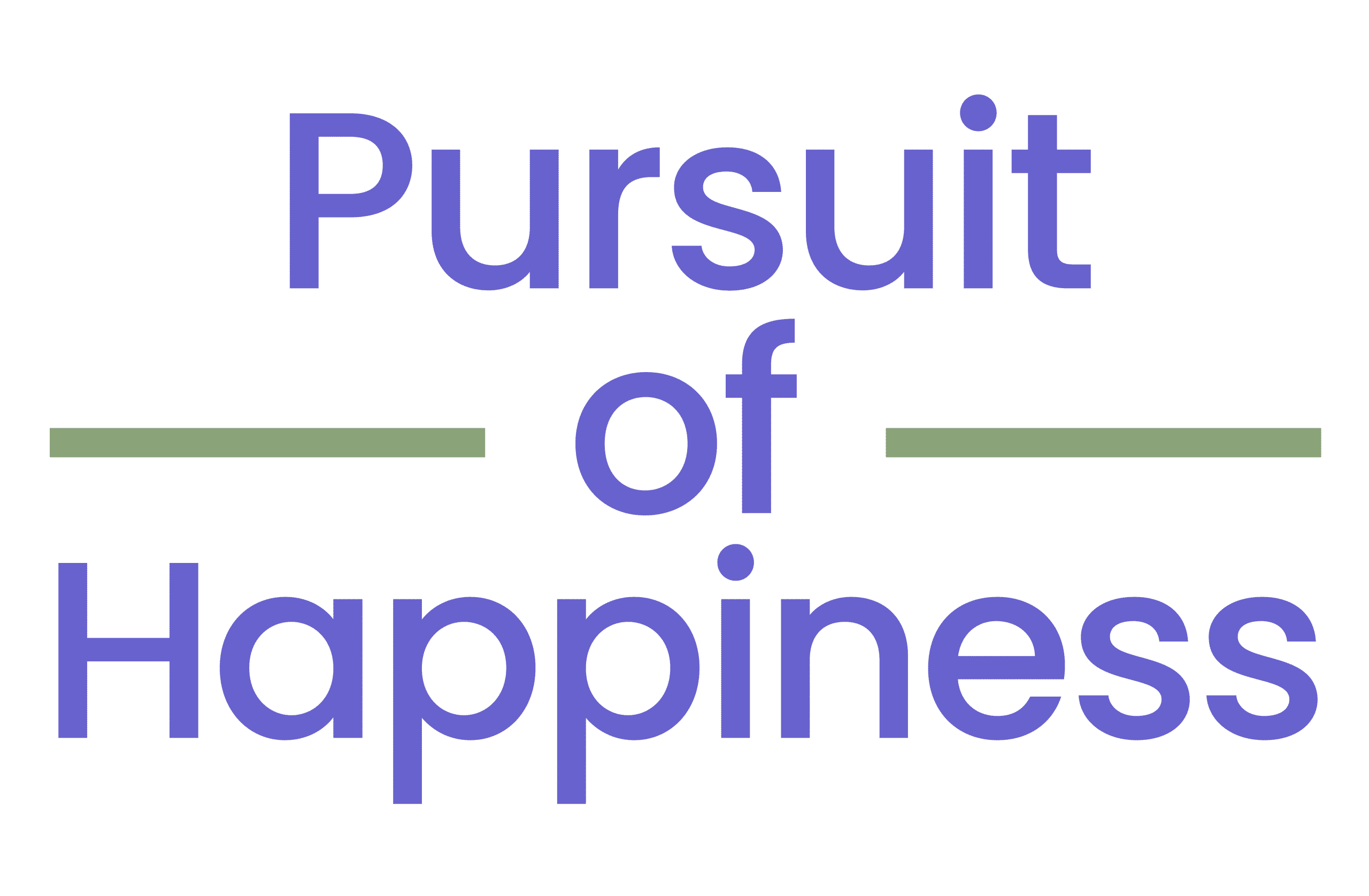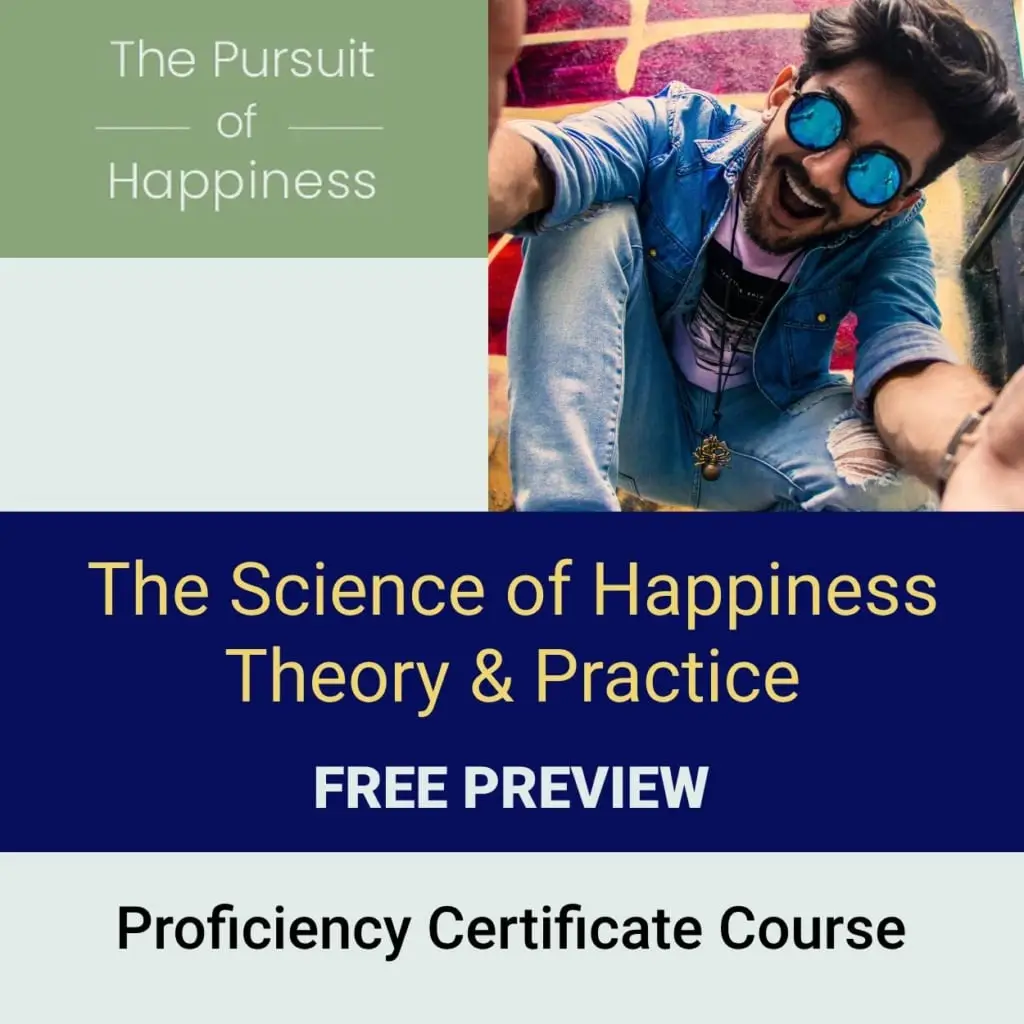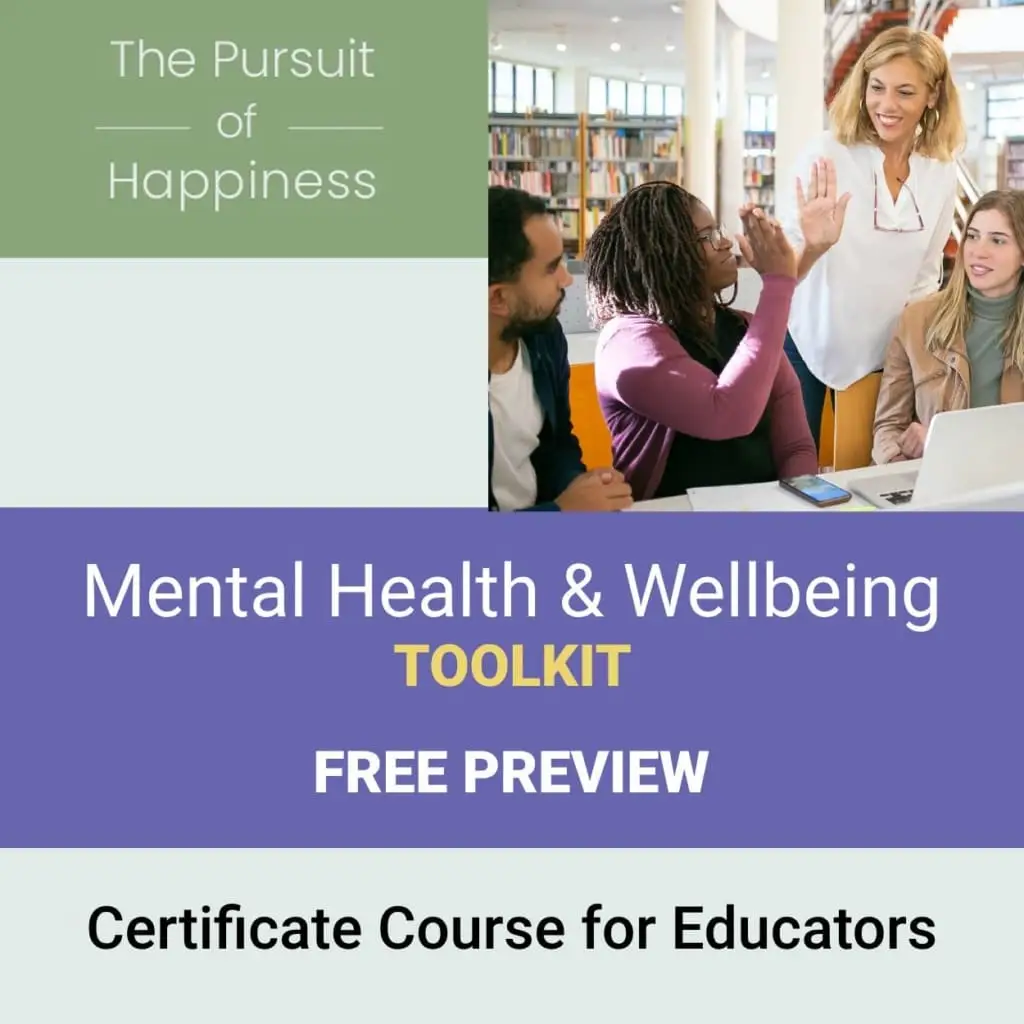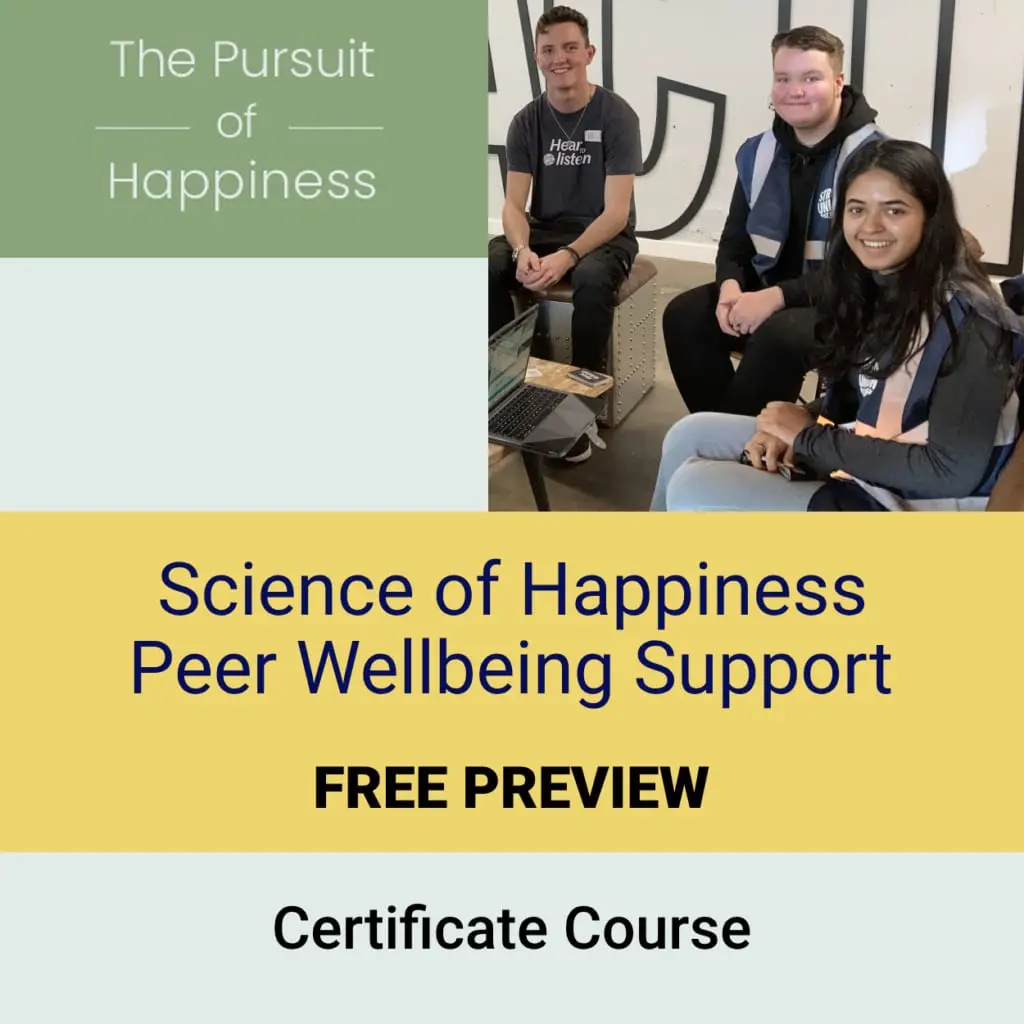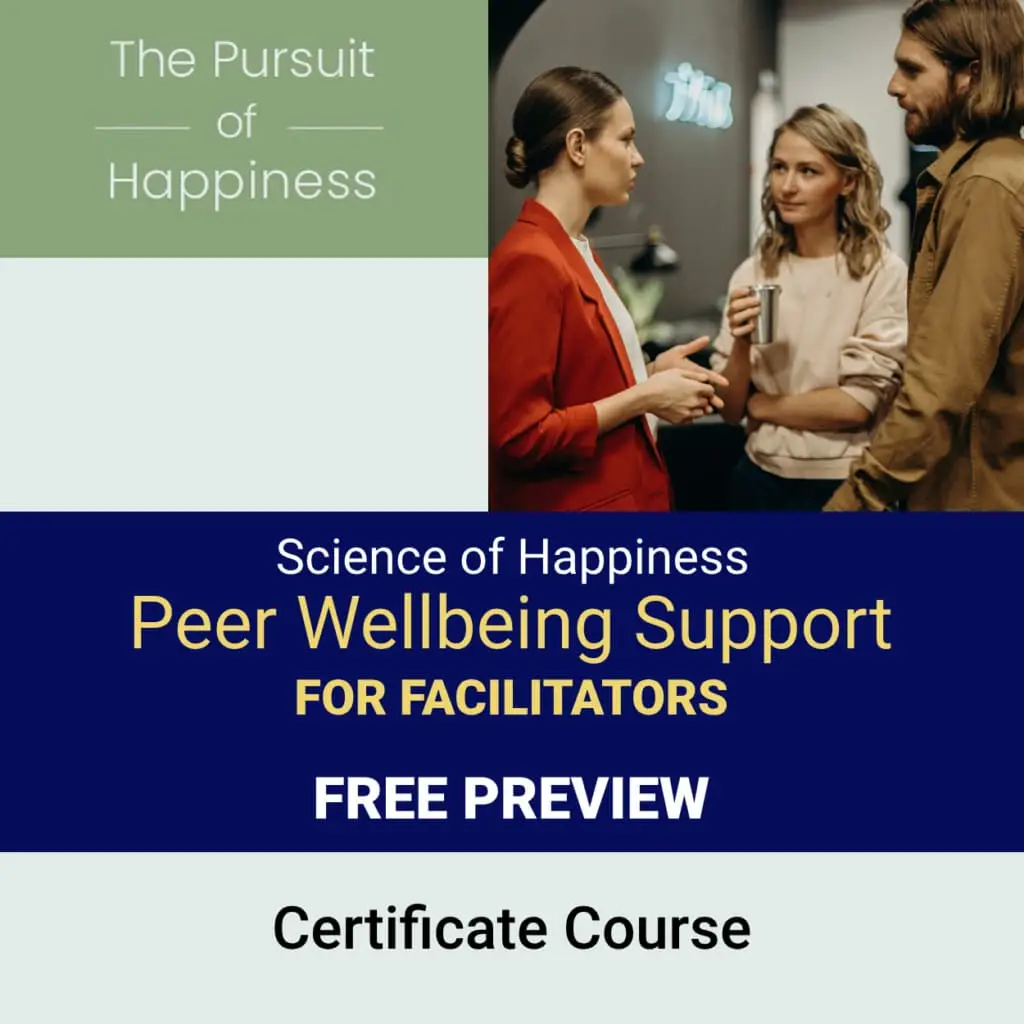The Happiness Project
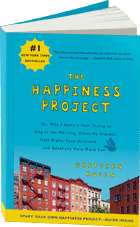

Reading this book fed my every British pre-conception of Americans (or more particularly of New Yorkers) as being constantly in the psychiatrist or Oprah’s chair whilst madly overachieving. I thought I’d better have a sneak preview of other reviews on Amazon to prevent any transatlantic humour barriers. How fascinating. I don’t think I’ve ever seen a book generate such a divided opinion. This-changed-my-life rave reviews alongside some really very negative comments (nothing new to say, no proper challenges overcome, completely self-indulgent and self-centred and out of touch with the worries of 99.99% of the world’s less fortunate). Ah bad reviews – so much more entertaining, so much easier to write, and so poisonously infectious. Interestingly the British version of Amazon.co.uk hardly had any negative reviews.
Suddenly I felt like springing to Gretchen’s defence – the whole point of The Happiness Project is to be happier and more grateful when things are going well! That isn’t a concept you see very often, and to me seems well worth exploring, even if you are rich – especially so, perhaps? Happy people give more, so it’s in everyone’s interest that the affluent are happy. And as for being all about Gretchen, well yes, it was her project, her flaws and her solutions. At times, she was very endearing, especially her opening line. “I always vaguely expected to outgrow my limitations.” Yes, yes , me too! She was generous with her tips and hints and started a website dedicated to the reader planning their own happiness project. Gretchen is doing her bit to encourage others to spread a little happiness (and continues to do so through her website and blog) and that can only help world peace. Saying nothing new? Perhaps it has all been said before, but her extensive quotes are worth repeating. Gretchen is re-tweeting the philosophers, taking out all the pessimistic bits, and I’m all for that. Otherwise I may never have heard of Saint Augustine of Hippo (which must be the best Saint’s name ever) who said we should ‘shield our joyous ones’. What a great concept, protecting one of our most precious resources – our world’s happiness reservoir. Gretchen admits to not being a naturally joyous one, and as a not-quite-as-joyous-as-I-used-to-be one, I agree totally that we should we should not let our joyous ones be ground down by having to eternally chivvy up the grumpy ones.
The chapter structure of monthly resolutions meant that there was no big denouement. It takes 21 days to learn a new habit, so a monthly onslaught of new resolutions might be counterproductive to most individuals. I don’t have any problem at all with her ‘being Gretchen’, but as a family doctor I would perhaps recommend a gentler path to my patients – one small change at a time can have a big positive effect.
My husband picked it up while in the bath and having read the first couple of chapters found himself bouncing up and down with enthusiasm – you must do this, this is just what you need! Well, yes, he would say that wouldn’t he? The first couple of chapters were all about being exceptionally nice to your spouse and taking on all the annoying household tasks gladly with no expectation of reward! But I have to agree, happiness is infectious. It really is. I’m still an optimist, but I often feel rather crushed by the minutiae of life, and I have become a rather grumpy one. Gretchen, you have inspired me to give happiness the priority it deserves. I shall reclaim my joie de vivre. And for that I shall give you four shiny gold stars.
Next time, being a scientific sort, I’m going to read the Positive Psychology Bible – Authentic Happiness by Martin Seligman. But meanwhile, keep smiling, whether through gritted teeth or not, and if you have any books you’d recommend, please let me know…
Emily Joy is a family doctor living in the Highlands of Scotland and the author of Green Oranges on Lion Mountain ISBN 903070-46-5 (an unlikely happy book of her experiences as a volunteer doctor in Sierra Leone) and The Accidental Optimist’s Guide to Life ISBN 903070-43-0 (which is a bit like Gretchen’s but with a lot more failures!)
